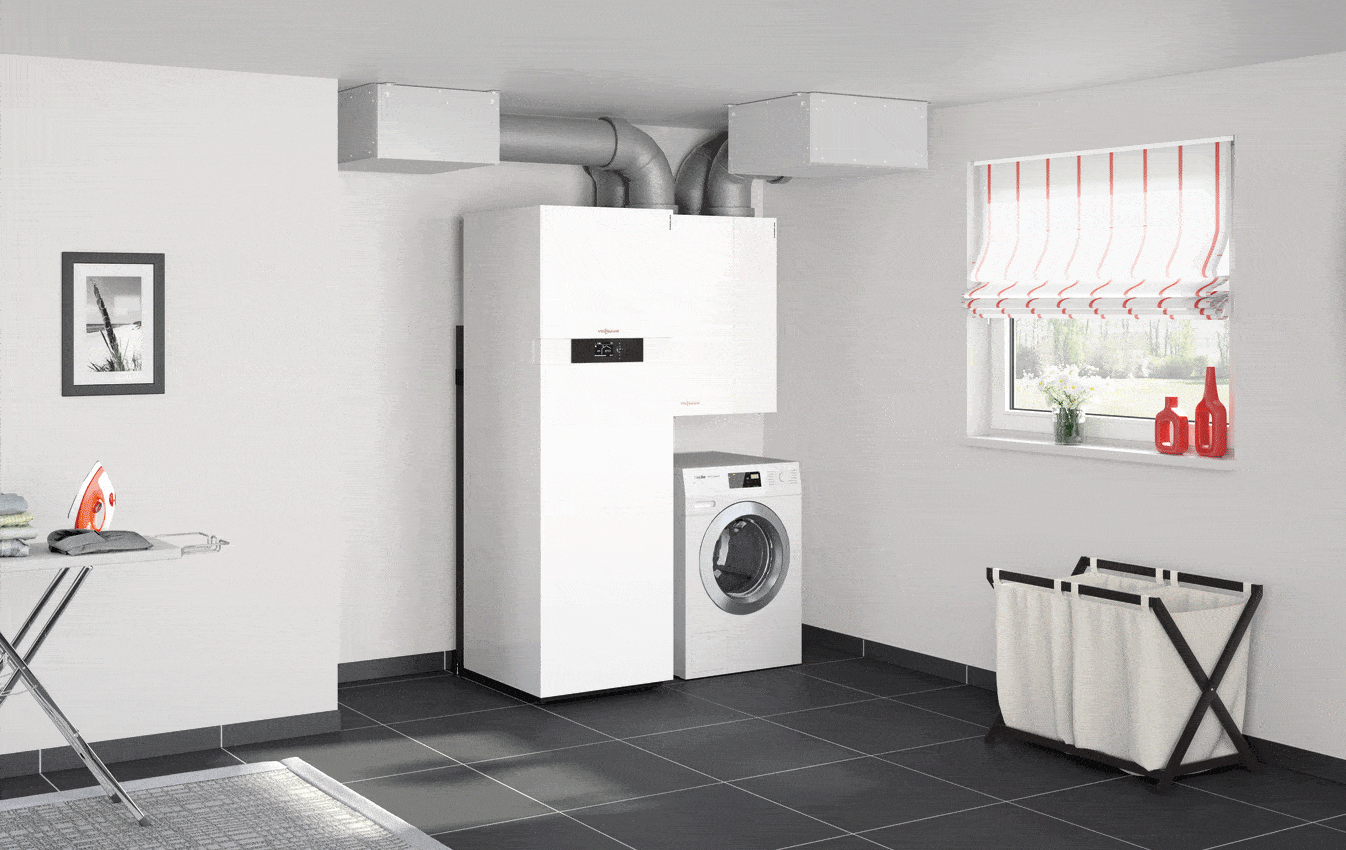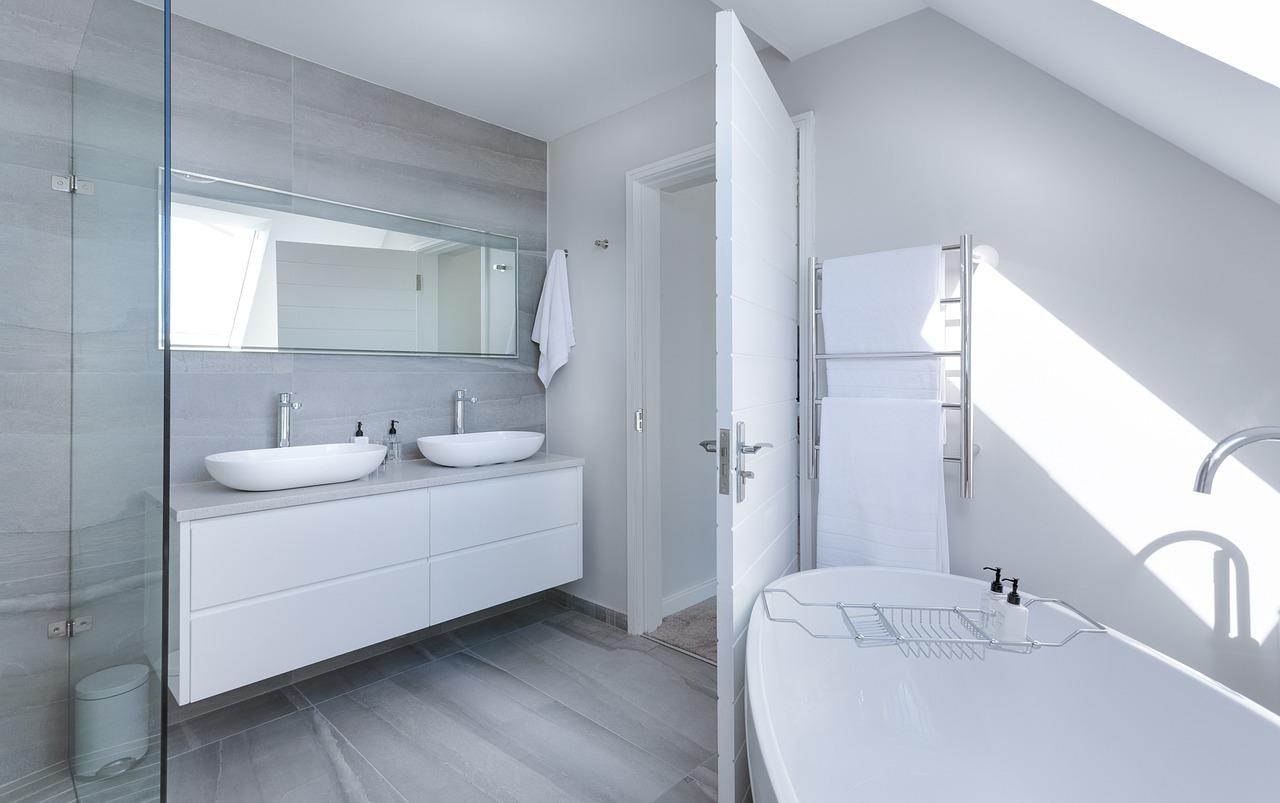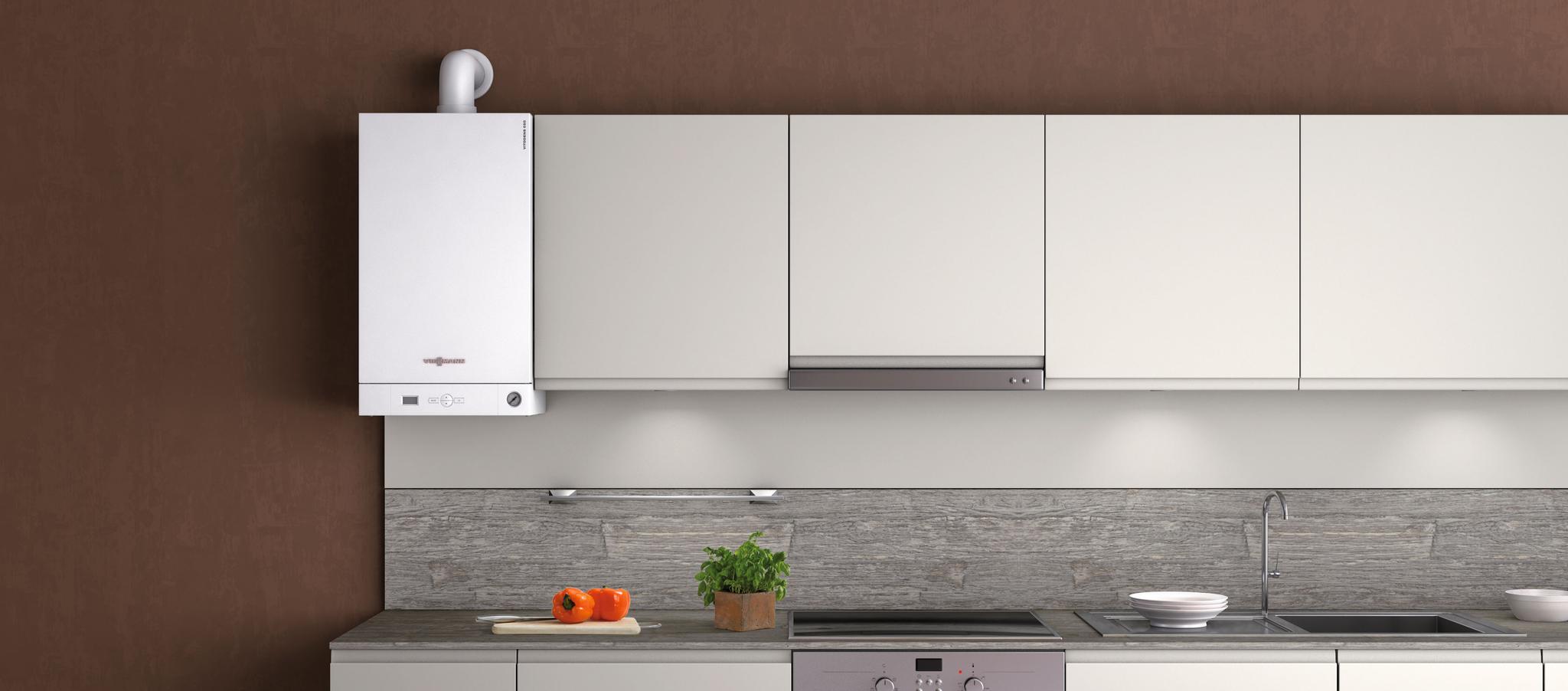Specialist Heating Advice, Tips & Tricks

What is a system boiler?

The system boiler explained
What’s the difference between a system boiler and a combi boiler?
Is a system boiler the same as a regular boiler?
How does a system boiler work?
Other factors to consider
How much space does a system boiler need?
How efficient are system boilers?
Can a system boiler run out of hot water?
Why is my boiler making noises?
 © Aaron Amat / Shutterstock.com
© Aaron Amat / Shutterstock.comIdentify the source of the noise
Boiler error codes
The boiler is gurgling
The boiler is ‘whooshing’ or vibrating
The boiler is buzzing or whining
Stay safe
How to bleed a radiator
 © Andrey Popov / Shutterstock
© Andrey Popov / ShutterstockWhat does bleeding a radiator mean?
Our step-by-step guide to bleed a radiator
Necessary steps
Step one – Turn your heating on
Step two – Identify which radiators need bleeding
Step three – Turn off your central heating
Step four – Prepare the area
Step five – Open up the radiator bleed valve
Step six – Bleed the radiator
Step seven – Repeat the process on all radiators
Step eight – Check the pressure of your heating system
Recap: How to bleed a radiator system
Our tips for efficiently heating your home
When is the best time to bleed my radiator system?
How can I keep my heating costs down?
What is a gas condensing boiler?

Understanding condensing boilers
What’s the difference between a combi boiler and a condensing boiler?
How does a condensing boiler work?
The condensing process
This fall in temperature causes condensation, from which the name is derived. This condensation can be as much as two litres an hour for a very efficient boiler and is drained into your waste water outlet by what is known as a condensate pipe.
Why is a condensing boiler safer?
Common condensing boiler problems
What size condensing combi boiler do I need?
Gas Boilers and Energy Bills
Gas boilers are a popular choice for heating homes, providing warmth and comfort during the colder months. However, they can also contribute to high energy bills if not used efficiently. Gas boilers work by burning natural gas to heat water, which is then circulated through radiators or underfloor heating systems to warm up the home. While gas boilers are generally reliable and efficient, they can become less efficient over time if not properly maintained or if they are outdated.
One of the main reasons why gas boilers can contribute to high energy bills is because of their energy consumption. Gas boilers use a significant amount of energy to heat water and keep the home warm, especially during the winter months. This means that if your gas boiler is not running efficiently, it can lead to higher energy bills. Additionally, if your home is poorly insulated, it can also contribute to higher energy bills as the heat generated by the gas boiler is lost through the walls, roof, and windows.
Understanding the Efficiency of Gas Boilers
The efficiency of a gas boiler indicates how much of the fuel used by the boiler is converted into heat for the home. High-efficiency gas boilers have a rating of 90% or higher, while low-efficiency boilers have a rating of 80% or lower. This means that high-efficiency boilers are more efficient at converting fuel into heat, which can lead to lower energy bills.
Investing in a high-efficiency gas boiler can have several benefits, including lower energy bills, improved comfort, and reduced environmental impact. High-efficiency boilers are designed to use less fuel to generate the same amount of heat, which means that they can help you save money on your energy bills. Additionally, high-efficiency boilers are often quieter and more reliable than low-efficiency boilers, which can improve your overall comfort.
Regular Maintenance and Servicing of Gas Boilers
Regular maintenance and servicing of your gas boiler is essential to ensure that it is running efficiently and safely. A poorly maintained gas boiler can lead to higher energy bills, as well as potential safety hazards such as gas leaks or carbon monoxide poisoning. It is recommended that you have your gas boiler serviced by a qualified professional at least once a year.
There are several tips for maintaining and servicing your gas boiler, including checking the pressure, bleeding the radiators, and cleaning the boiler. Regular maintenance can also help to improve energy efficiency and lower bills, as a well-maintained boiler is more efficient at converting fuel into heat.
Upgrading Your Gas Boiler for Better Energy Efficiency
If your gas boiler is outdated or not running efficiently, it may be time to consider upgrading to a newer, more efficient model. Signs that it’s time to upgrade your gas boiler include frequent breakdowns, rising energy bills, and poor performance. Upgrading to a newer, more efficient model can have several benefits, including lower energy bills, improved comfort, and reduced environmental impact.
When choosing a new gas boiler, it is important to consider factors such as the size of your home, your heating needs, and your budget. There are several types of gas boilers available, including combi boilers, system boilers, and regular boilers. Each type has its own advantages and disadvantages, so it is important to choose the right one for your home.
icing of your gas boiler is essential to ensure that it is running efficiently and safely. A poorly maintained gas boiler can lead to higher energy bills, as well as potential safety hazards such as gas leaks or carbon monoxide poisoning. It is recommended that you have your gas boiler serviced by a qualified professional at least once a year.
There are several tips for maintaining and servicing your gas boiler, including checking the pressure, bleeding the radiators, and cleaning the boiler. Regular maintenance can also help to improve energy efficiency and lower bills, as a well-maintained boiler is more efficient at converting fuel into heat.
Insulating Your Home to Reduce Energy Consumption
Insulating your home is an effective way to reduce energy consumption and lower your energy bills. Insulation helps to keep the heat generated by your gas boiler inside your home, reducing the amount of energy needed to keep your home warm. There are several tips for insulating your home effectively, including insulating your walls, roof, and windows, as well as using draught excluders and sealing gaps around doors and windows.
Insulation can work in conjunction with a gas boiler to lower bills, as a well-insulated home requires less energy to keep warm. This means that your gas boiler can run more efficiently, leading to lower energy bills and improved comfort.
Using Smart Thermostats to Control Your Gas Boiler
Smart thermostats are a useful tool for controlling your gas boiler and improving energy efficiency. Smart thermostats work by learning your heating habits and adjusting the temperature accordingly, which can help to reduce energy consumption and lower bills. Additionally, smart thermostats can be controlled remotely using a smartphone app, which means that you can adjust the temperature of your home even when you are not there.
When choosing a smart thermostat, it is important to consider factors such as compatibility with your gas boiler, ease of use, and additional features such as voice control or geofencing. Using a smart thermostat with your gas boiler can have several benefits, including improved energy efficiency, lower bills, and improved comfort.
Lowering Your Energy Bills with Time-Based Heating
Time-based heating is a useful strategy for reducing energy consumption and lowering your energy bills. Time-based heating involves setting your gas boiler to turn on and off at specific times of the day, depending on your heating needs. For example, you can set your gas boiler to turn on in the morning before you wake up, and turn off when you leave for work.
Using time-based heating with your gas boiler can have several benefits, including lower energy bills, improved energy efficiency, and improved comfort. Additionally, time-based heating can help to reduce wear and tear on your gas boiler, which can extend its lifespan.
Maximizing the Efficiency of Your Gas Boiler with Zoning
Zoning is a useful strategy for maximizing the efficiency of your gas boiler and reducing energy consumption. Zoning involves dividing your home into different zones, each with its own thermostat and heating schedule. This means that you can heat different areas of your home at different times, depending on your heating needs.
Using zoning with your gas boiler can have several benefits, including improved energy efficiency, lower bills, and improved comfort. Additionally, zoning can help to reduce wear and tear on your gas boiler, which can extend its lifespan.
Choosing the Right Gas Boiler for Your Home
Choosing the right gas boiler for your home is essential to ensure that you are getting the most efficient and effective heating system for your needs. Factors to consider when choosing a gas boiler include the size of your home, your heating needs, and your budget. There are several types of gas boilers available, including combi boilers, system boilers, and regular boilers. Each type has its own advantages and disadvantages, so it is important to choose the right one for your home.




